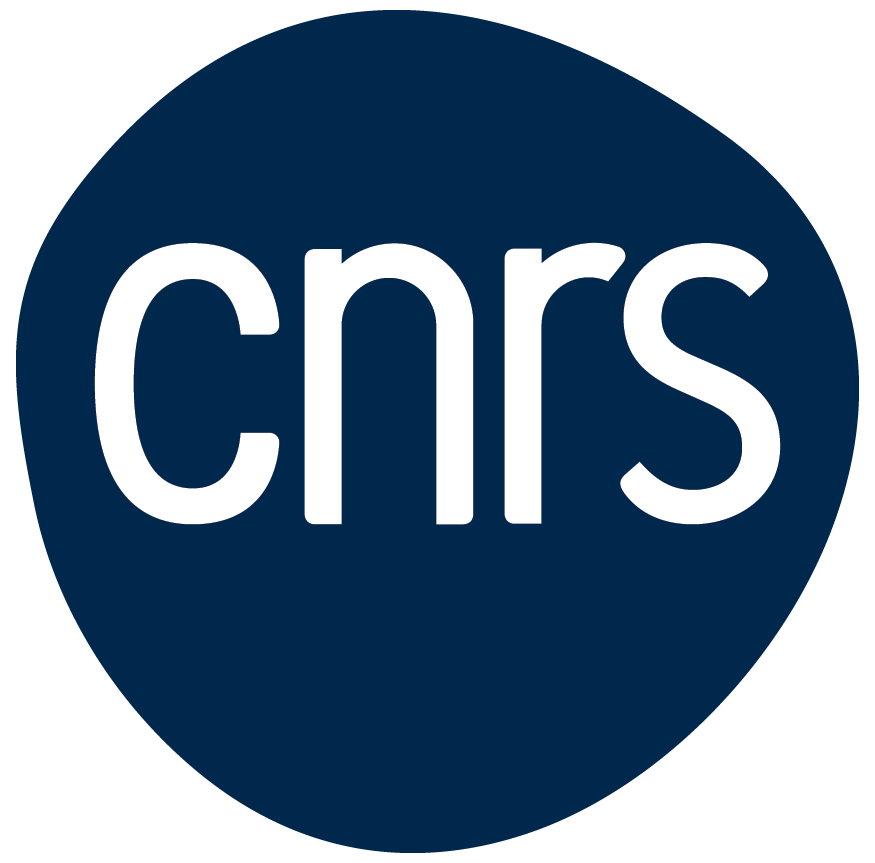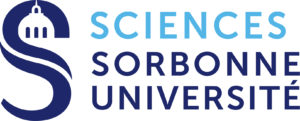Hydrogels which are hydrophilic and porous materials have recently emerged as promising systems for filtration applications and requires to develop hydrogels with high permeability. To obtain hydrogels with controlled permeability we prepare hydrogel membranes by the photopolymerization of a mixture of poly (ethylene glycol) diacrylate (PEGDA) and large poly(ethylene glycol) (PEG) chains of 300 000 g.mol-1 in the presence of a photoinitiator. We find that this addition of free PEG chains induces a large and non-linear increase of the water permeability. Indeed, by changing the content of PEG chains added, we obtain variations of the hydrogel water permeability over two orders of magnitude. The highest water permeability values are obtained for the membranes when the PEG concentration is equal to its critical overlap concentration C*. Moreover, we find that the flow rate of water through the membranes varies non-linearly with the pressure. We relate this result to the deformability of the membranes as the applied pressure leads to a compression of the pores. This study provides new perspectives for the design of flexible hydrogel membranes with controlled permeability and their application in water treatment and bioseparation.
Large and non linear permeability variations of hydrogels by addition of polymeric additives, M. Alaa Eddine, S. Belbekhouche, S. De Chateauneuf Randon, T. Salez, B. Bresson, C. Monteux, Macromolecules, 2022, 10.1021/acs.macromol.2c01462



